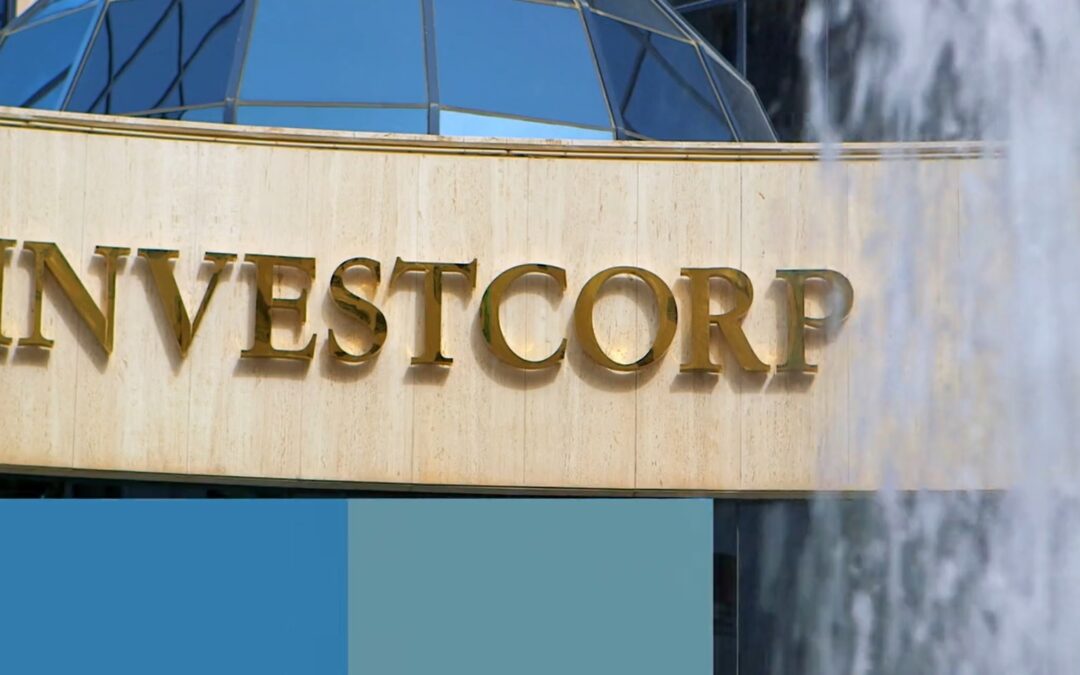In recent years, the private-equity industry has made slow but steady progress in its quest to open the asset class to ordinary investors, including 401(k) retirement plans, although so far those investors haven’t yet flooded the asset class.
Rishi Kapoor, the co-chief executive officer at the $33.3 billion global asset management firm Investcorp Holdings BSC, recently spoke to WSJ Pro Private Equity’s Preeti Singh about how his firm is betting private equity’s Main Street push ultimately will pay off. Responses have been edited for clarity.
We call it democratization, and it will be a megatrend for the next few years.
In the developed markets, individuals looking to deploy their surplus savings to build up a retirement nest struggle because of low interest rates and the challenge of putting all their savings in an equity-based portfolio. In the past, they were unable and even skeptical of investing in private markets, mainly because of the perceived risk of illiquidity in such investments.
As the private markets have matured, the illiquidity risk has been mitigated by the development of the secondary market, even as it continues to offer higher returns compared to other asset classes. The general investor has also become more sophisticated, realizing that not everything needs to be turned in cash overnight.
In recent years, in order to create differentiated product offerings, registered investment advisers have devoted marketing activities to promote private markets investing. In July, the U.S. Labor Department approved the inclusion of private equity in defined-contribution plans like 401(k)s, and this will accelerate the adoption by retail investors.
“Investcorp started almost 40 years ago in the Middle East, and our value thesis then was to reach out to family offices and wealthy individuals in the Gulf and offer them the opportunity to participate in nontraditional private investments. The understanding of the mind-set of the individual investor is in our DNA and the democratization will only make us stronger in creating products for them,” Rishi Kapoor said.
In addition to participating in the tailwind of what we think is a megatrend, we plan to monetize [the investment opportunity] through our platform that actually takes minority equity positions in other alternative asset managers that would, no doubt, benefit from the secular long-term megatrend as well.
“Margin compression of fees has been a long-term trend within the asset management industry, and so far it’s been offset by [increasing] the scale of the operations and bringing down the overall cost of operations,” Mr. Kapoor added.
That pressure on fees from institutional investors will continue, but will be offset by the participation of retail investors, where the smaller ticket sizes will make for better margins. You’re effectively not going to provide huge concessions, rebates and discounts on what would otherwise be for very large tickets coming from the traditional institutional investor base.
As this retail market matures over a period of time, you will see some more of that margin pressure, but by that time, hopefully, the onset of new technology will allow asset managers to maintain productivity levels and overall net margins to shareholders.
Source: Wall Street Journal
Can’t stop reading? Read more
Blackstone executive backs Brentford in fresh Premier League capital push
Blackstone executive backs Brentford in fresh Premier League capital push Blackstone has...
Ex-Coller CEO joins Emissary as $5tn family office market expands
Ex-Coller CEO joins Emissary as $5tn family office market expands Sara Macedo, former CEO of...
Ares deploys $850m continuation strategy amid record $240bn secondaries wave
Ares deploys $850m continuation strategy amid record $240bn secondaries wave Ares Management has...




